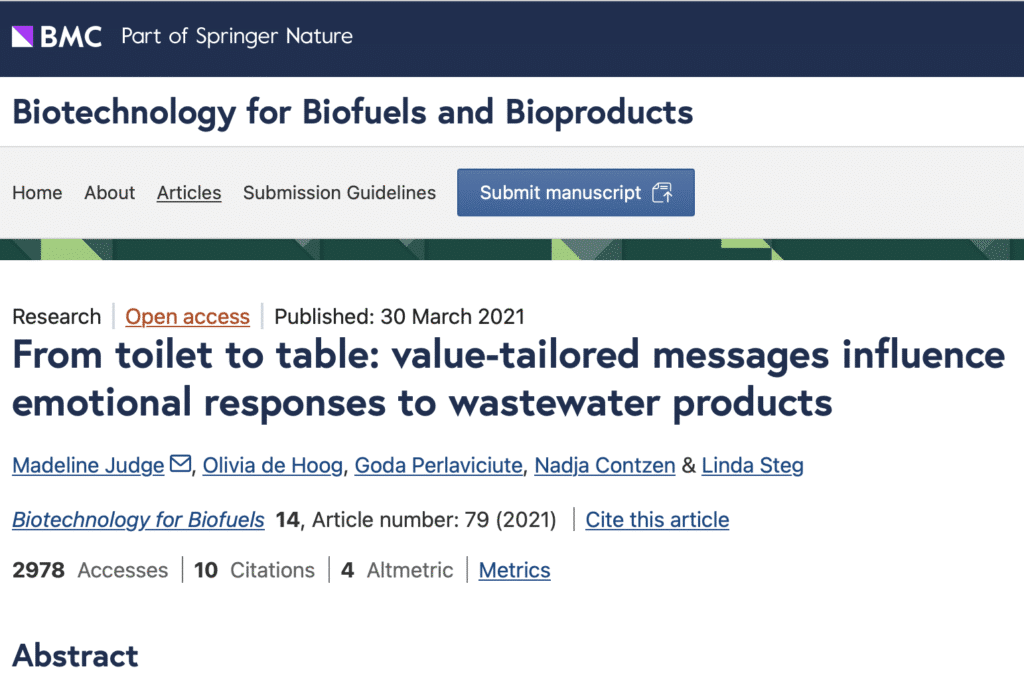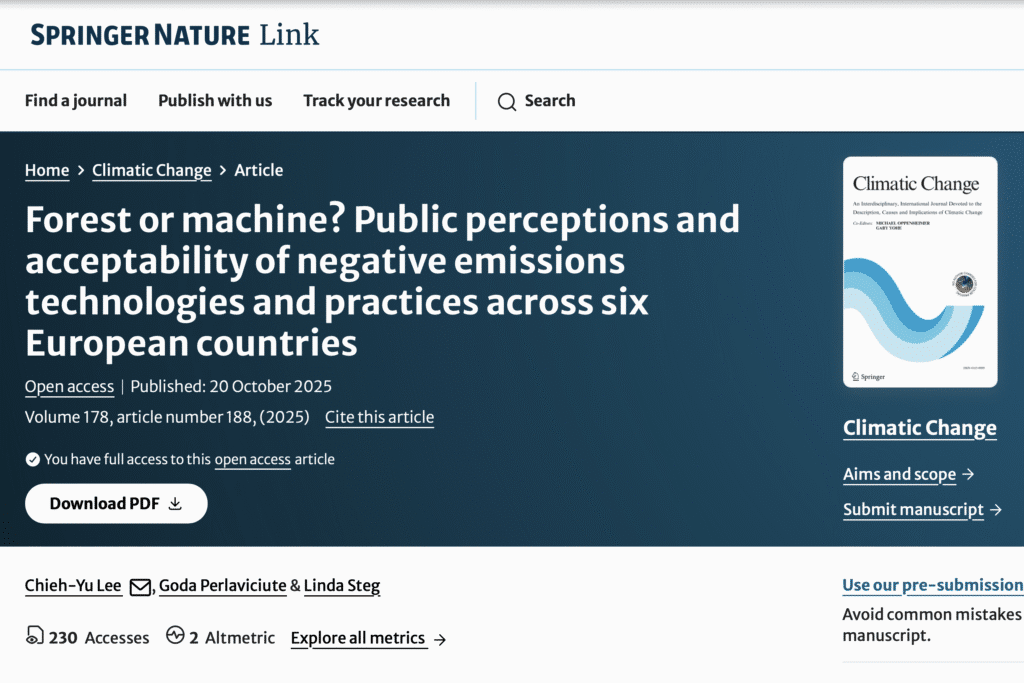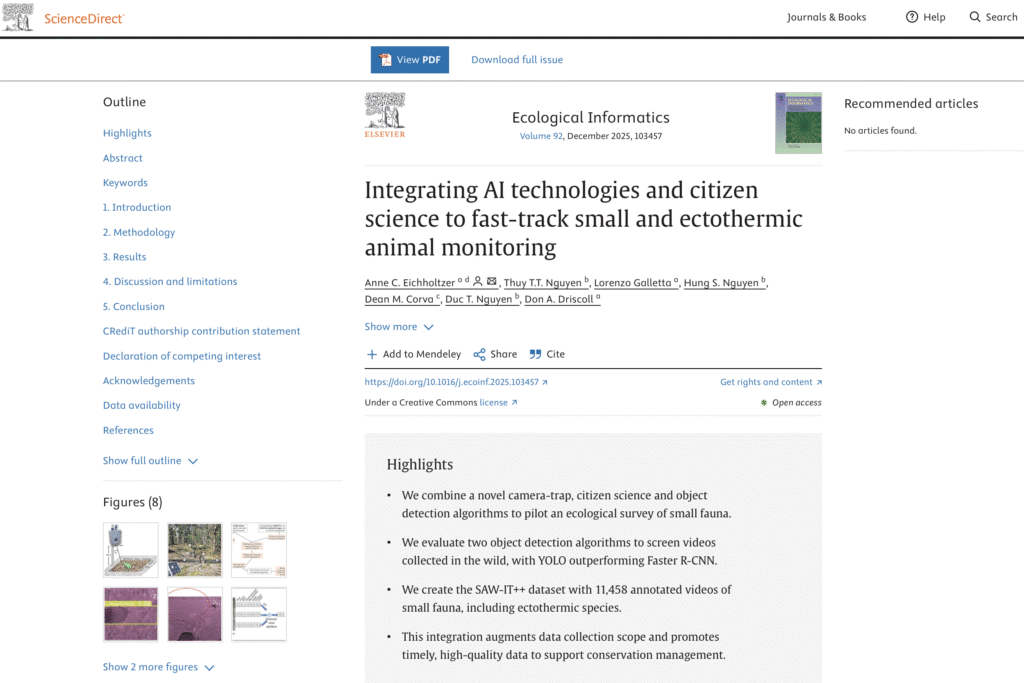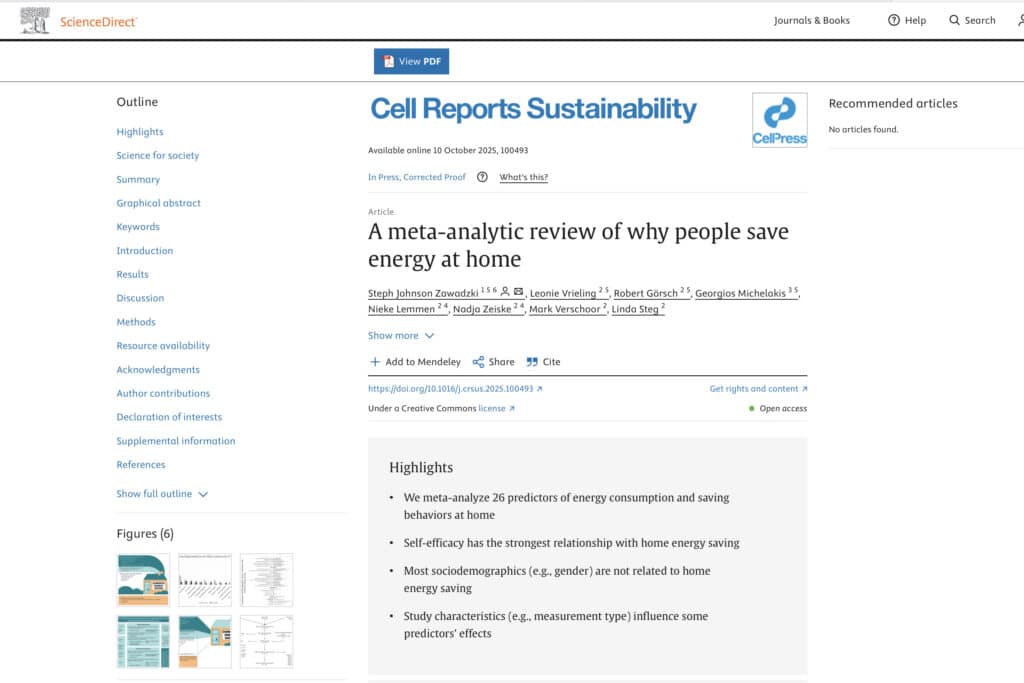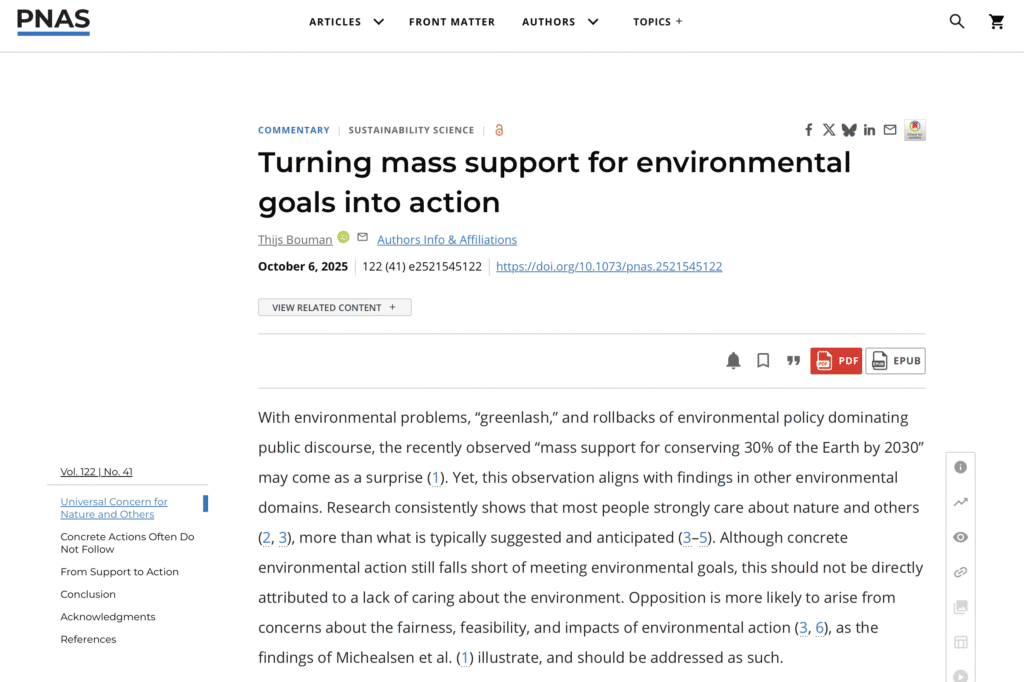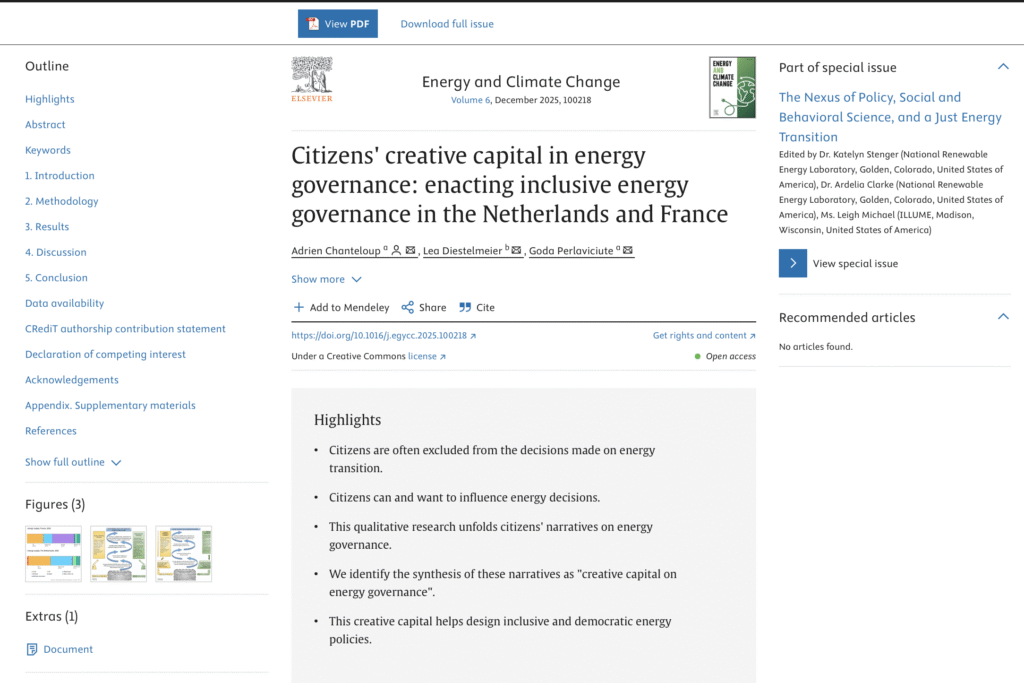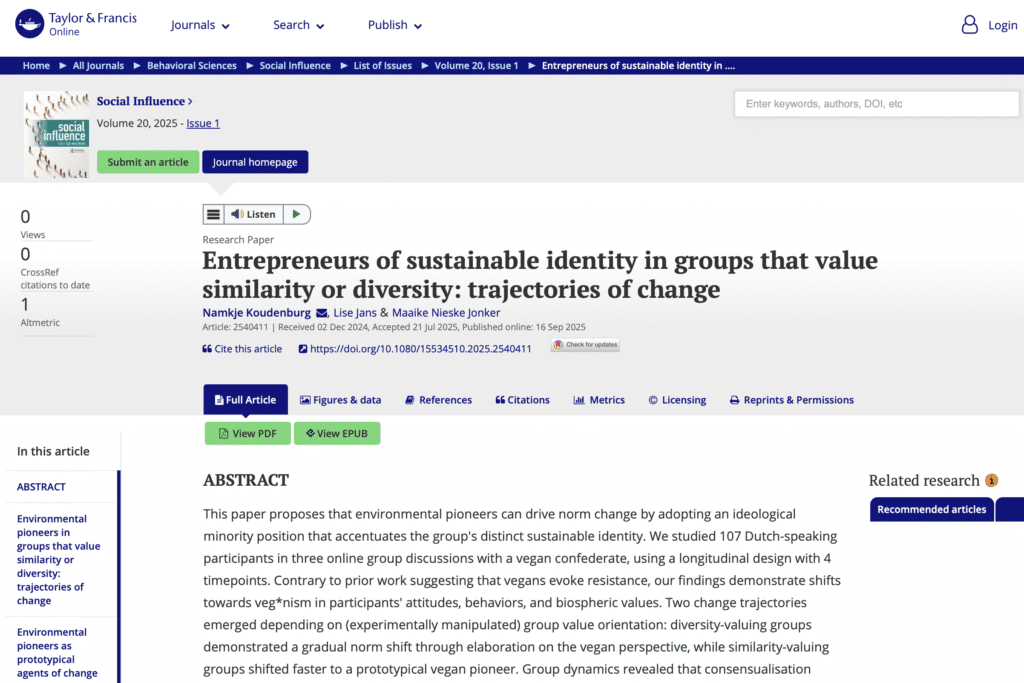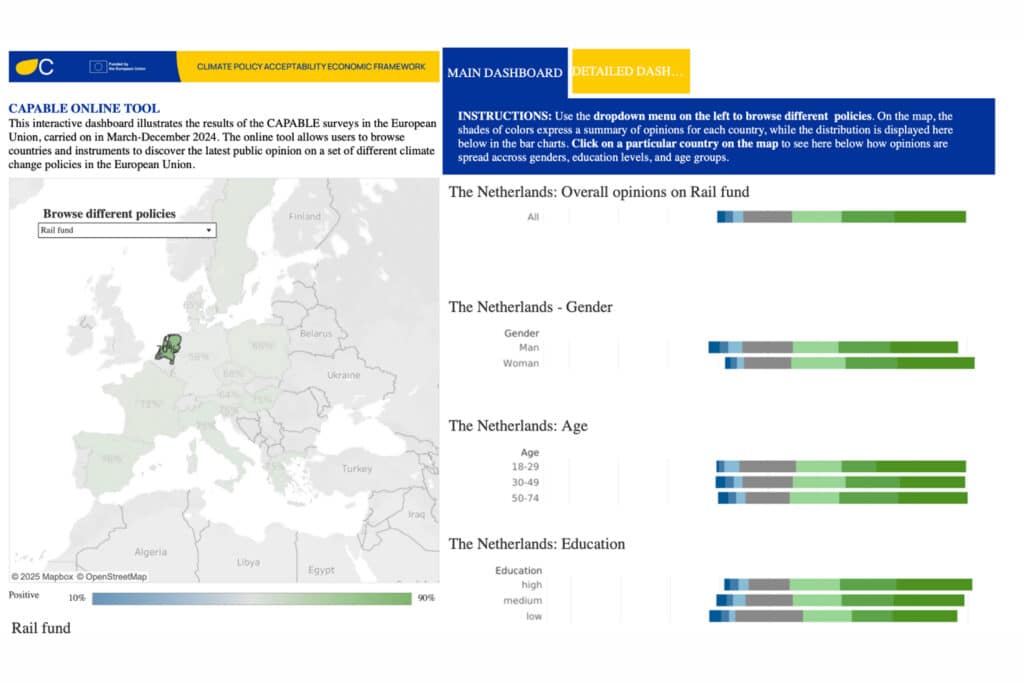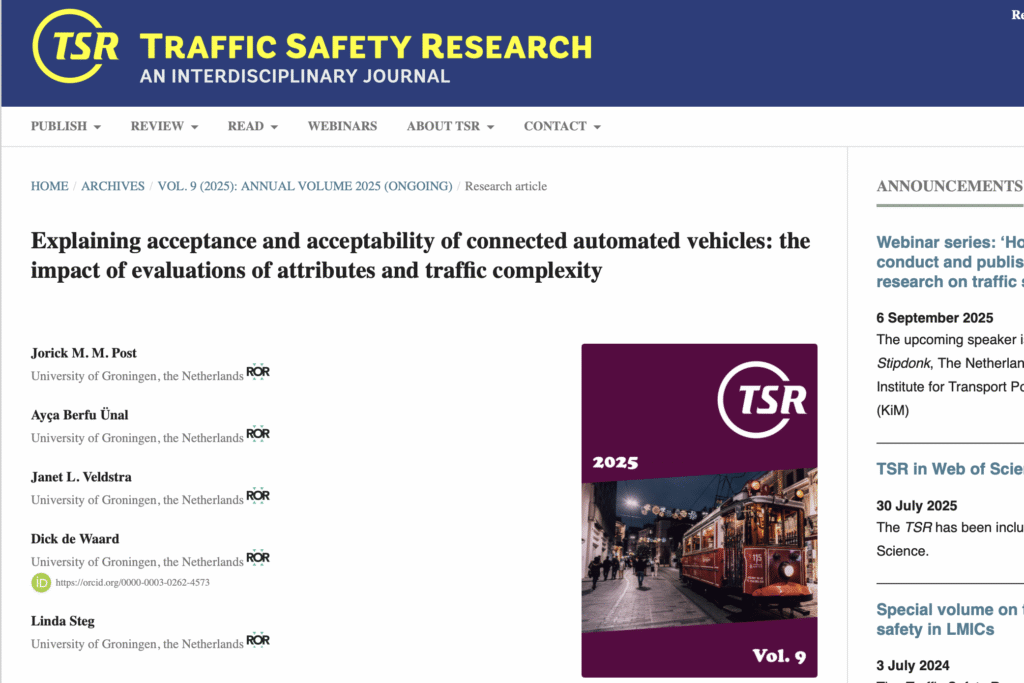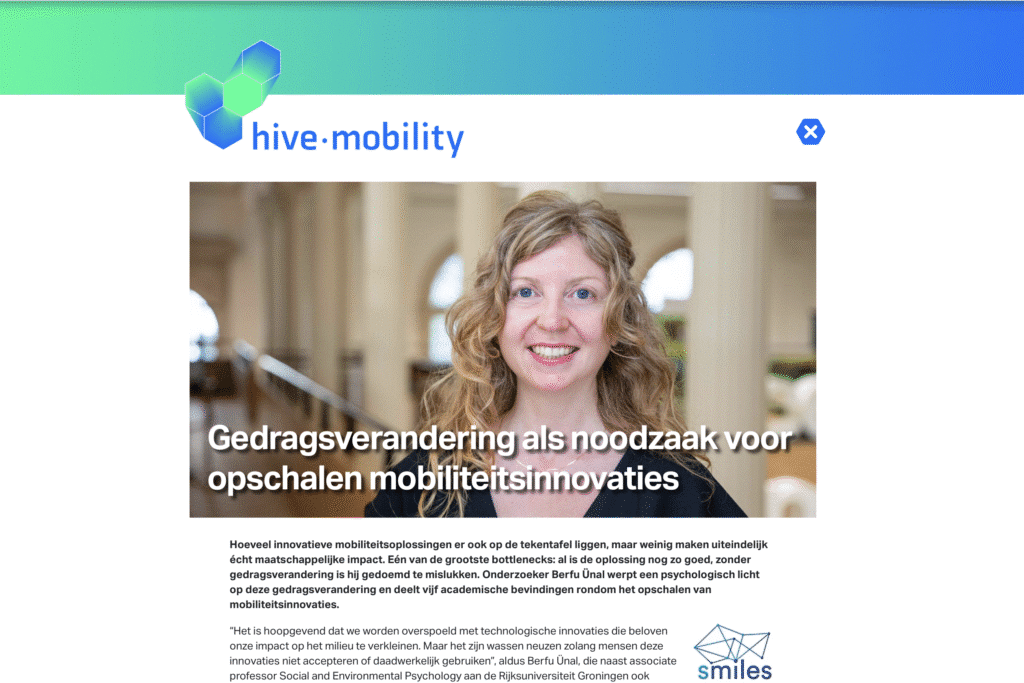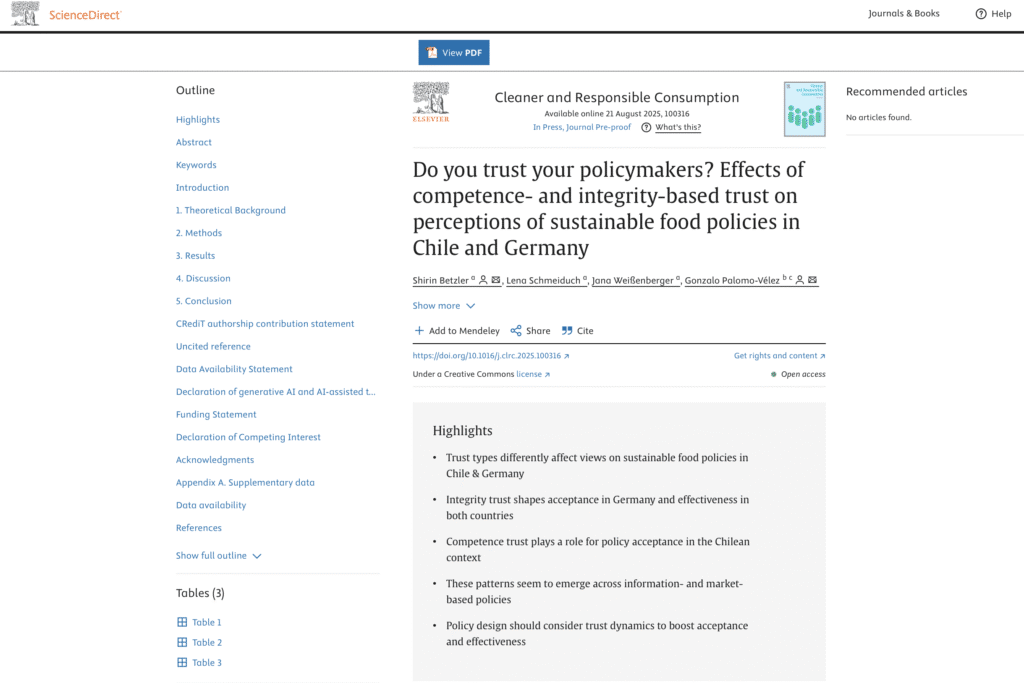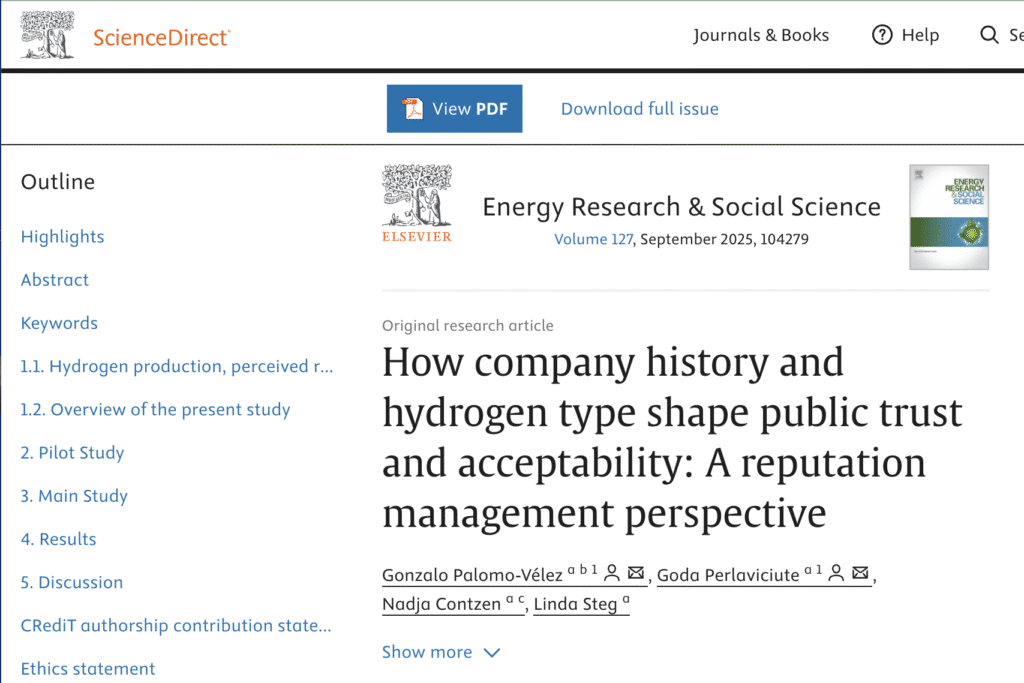Products made from recycled organic materials are an important part of a circular economy, but the question is whether they will be adopted by the public. Such products can elicit strong emotional responses and public resistance. As a case in point, we studied products made from sewage waste, such as recycled toilet paper, which can serve as material alternative to wood and plastic when making household items (e.g., tables). In an experimental study, we investigated the role of values in emotional responses to such wastewater products, and whether emotional responses were influenced by value-tailored messages. We expected that people would experience positive emotions towards products that supported their values, especially when the messages emphasised the benefits of these products for their values (e.g., when the products were presented as good for the environment). We presented participants with one of two messages describing wastewater products as having positive implications for either biospheric values (i.e. positive consequences for the environment) or hedonic values (i.e. positive consequences for personal enjoyment). We predicted that the relationship between values and positive emotions would be stronger when the messages emphasised the positive implications of wastewater products for one’s core values. Additionally, we predicted that emotions would be associated with acceptability and intentions to purchase the products.
From toilet to table: Value-tailored messages influence emotional responses to wastewater products
Madeline Judge, Olivia de Hoog, Goda Perlaviciute, Nadja Contzen, Linda Steg
Biotechnology for Biofuels and Bioproducts
March 2021
https://doi.org/10.1186/s13068-021-01931-z
